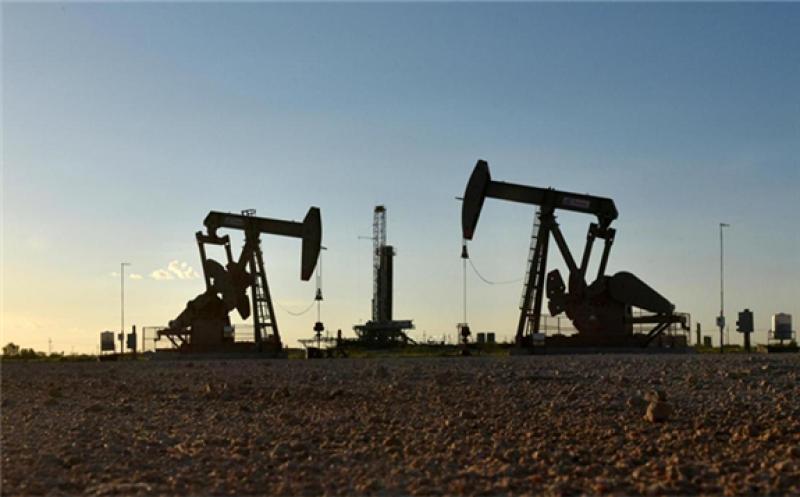The Covid-19 pandemic will speed up the global energy sector’s transition from fossil-based to zero-carbon and have a downward effect on oil prices, a virtual forum hosted by think-tank Chatham House heard.

Global oil demand is expected to return to pre-coronavirus levels by 2023, with a modest recovery this year followed by a pick-up in 2022, according to Cailin Birch, a global economist at the Economist Intelligence Unit.
While the oil sector will take off when the travel industry and other hard-hit industries get back on more solid footing, find investment and recover their consumer demand, Ms Birch said, at the same time the pandemic will accelerate the energy transition to non-fossil fuels.
“That’s not what I would normally expect out of such a severe economic crisis," she said. "In a more traditional crisis, for example, the 2008-2009 global financial crisis, you'd expect to find any government looking for the shortest path to economic growth they can find out of the crisis."
However, with the crisis in the oil sector demand-based and the financial sector unconcerned by this, add in “the doubling down" by world governments on climate goals, and it is easy to understand why policymakers see the crisis “as a trampoline event to get going on their energy goals”, she said.
Countries around the globe are making bold policy pledges to cut emissions and achieve net-zero as the world unites in the challenge to tackle climate change.
Europe vowed on Tuesday to push nations around the world to move climate action up their political and economic agendas as it forges ahead with an ambitious green overhaul to become the world’s first continent to zero-out greenhouse gases.
The bloc – which plans to reduce emissions at least 55 per cent by 2030 from 1990 levels – wants to lead the global fight against climate change.
Meanwhile, the International Energy Agency said earlier this month that global emissions dropped sharply in 2020 due to the coronavirus crisis but are expected to rebound this year unless governments act.
Global oil demand is set to contract by a "staggering" 9.8 per cent in 2020 due to Covid, Ayed Al-Qahtani, director of the research division at Opec Secretariat told the Chatham House session, with an expected recovery of 5.9 per cent this year led by the Americas, China and India.
Opec+ has agreed to cut output by 7.2 million barrels per day for three months until the end of March. However, the group must accommodate some producers who are looking to cash in on higher prices to offset difficult economic conditions.
Brent, the international marker which traded above $50 per barrel for nearly half of December, stood at $55.93 per barrel on Tuesday, as the benchmark responded positively to the vaccination drive in several major economies.
Mr Al-Qahtani said Opec+ expects global energy demand to continue growing, rising by 45 per cent between 2019 and 2045, with this growth propelled by global gross domestic product more than doubling and a 20 per cent increase in the population.
“All forms of energy will be needed”’ to fulfil this demand and “no one single size fits all", he said.
While the fall in oil demand caused by the Covid crisis will speed up the energy transition, Montserrat Ramiro of research company Wilson Center told the session the oil sector will enter "a low-price scenario", particularly with the incentive to produce more in the short term.
The temptation to increase output is particularly strong among producers such as Iraq, whose economy has been squeezed by lower global demand for crude amid the pandemic and its domestic health crisis.
“The incentive is to produce more in the short term, and that will take you out of the short-term Covid crisis, but of course that will drive prices down even more in the medium term,” said Ms Ramiro.
Valerie Marcel of Chatham House said the “boom time was over” for oil prices.
“Oil companies are under pressure from investors to push for decarbonisation to show faster and more stable returns to lower risk and this means that a lot of emerging oil and gas producer sector are just not going to take off,” she said.
This article is reproduced at www.thenationalnews.com